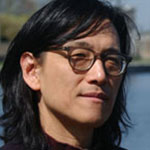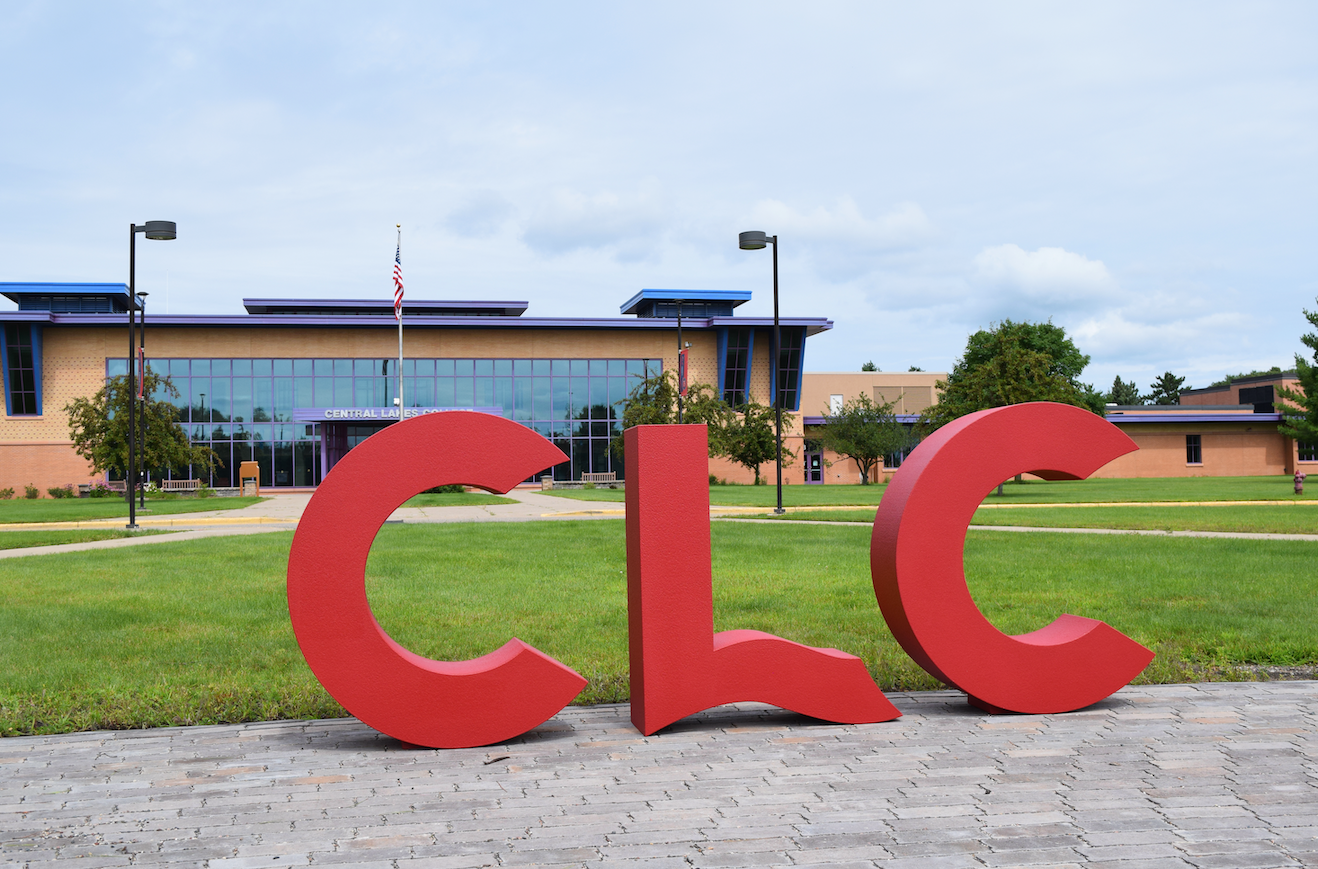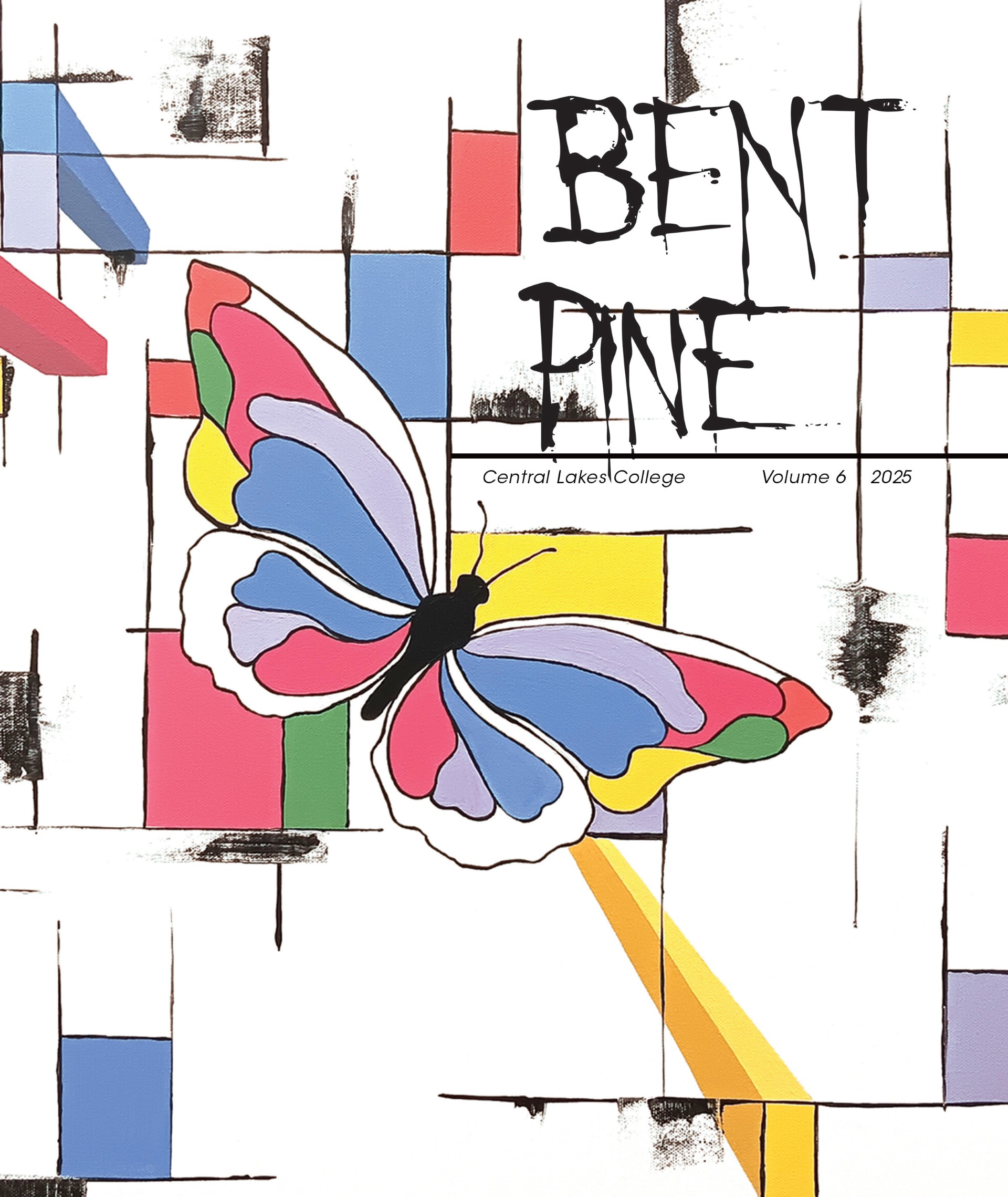 On Monday, Sept. 24,
On Monday, Sept. 24,Central Lakes College will host award-winning poet Li-Young Lee as the first
guest presenter of the Verse Like Water series produced by the English
Department on the Brainerd campus of CLC. Instructor Jeff Johnson, who has coordinated similar national poet
readings elsewhere, said the series intends to introduce visiting poets to
bring literary life to the college and community. The Center for Lifelong
Learning and CLC Foundation are co-sponsoring the event. The Chinese American Lee, who since1964 has lived in Chicago, will read
some of his poems and meet with the public at a free event from noon to 1 p.m.
in Chalberg Theatre. There will be a free-will offering. Lee will also lead a free poetry workshop for students and other
writers in E363 from 1:35 to approximately 2:20 p.m., according to Johnson.
Lee is the author of four books of poetry: “Behind My Eyes” (2008);
“Book of My Nights” (2001); “The City in Which I Love You” (1991); and “Rose”
(1986). His autobiography, “The Winged Seed: A Remembrance” (1995), has been
called “a literary event — a work of memory and myth” (Phoenix Gazette).
“Book of My Nights” (2001); “The City in Which I Love You” (1991); and “Rose”
(1986). His autobiography, “The Winged Seed: A Remembrance” (1995), has been
called “a literary event — a work of memory and myth” (Phoenix Gazette).
“Li-Young Lee’s poems are invitations to intimate conversations and
moments,” said Matthew Fort, CLC English instructor who said he first read the
poet’s work as a college student. “‘Behind My Eyes’ is a journey that
transforms the reader. The relationship between father and son forms a lasting
theme in his poetry, but his subjects are as varied and lasting as his use of
imagery. I first read ‘The City in Which I Love You’ as an undergraduate. The
images in those poems have stayed with me 15 years.”
moments,” said Matthew Fort, CLC English instructor who said he first read the
poet’s work as a college student. “‘Behind My Eyes’ is a journey that
transforms the reader. The relationship between father and son forms a lasting
theme in his poetry, but his subjects are as varied and lasting as his use of
imagery. I first read ‘The City in Which I Love You’ as an undergraduate. The
images in those poems have stayed with me 15 years.”
Combining sensitivity and eloquence with a broad appeal, Lee walks in
the footsteps of Stanley Kunitz and Billy Collins as one of the United States’
most beloved poets. Playful, erotic, at times mysterious, his work describes
the immanent value of everyday experience.
Poet Gerald Stern has noted that “what characterizes [his] poetry is a
certain humility… a willingness to let the sublime enter his field of
concentration and take over, a devotion to language, a belief in its holiness.”
certain humility… a willingness to let the sublime enter his field of
concentration and take over, a devotion to language, a belief in its holiness.”
“Book of My Nights” was the winner of the Poetry Society of
America’s William Carlos Williams Award.
America’s William Carlos Williams Award.
Of “Behind My Eyes” Publishers Weekly said, “Lee’s ringing clarity and
his compelling life story have brought him uncommonly loyal readers; this
volume should swell their ranks….Every line bears the weight of long
meditation, sometimes even of wisdom.” Booklist called it a “lithe and powerful
new collection.”
his compelling life story have brought him uncommonly loyal readers; this
volume should swell their ranks….Every line bears the weight of long
meditation, sometimes even of wisdom.” Booklist called it a “lithe and powerful
new collection.”
Among Lee’s other awards are a 2003 Fellowship of the Academy of
American Poets, an American Book Award for the memoir “The Winged Seed,” a
Lamont Poetry Prize for “The City in Which I Love You,” and a Delmore Schwartz
Award for “Rose.” He is also a recipient of the Lannan Literary Award, Whiting
Writers awards, and three Pushcart Prizes.
American Poets, an American Book Award for the memoir “The Winged Seed,” a
Lamont Poetry Prize for “The City in Which I Love You,” and a Delmore Schwartz
Award for “Rose.” He is also a recipient of the Lannan Literary Award, Whiting
Writers awards, and three Pushcart Prizes.
He has received grants from the Illinois Arts Council, the Commonwealth
of Pennsylvania, the Pennsylvania Council on the Arts, and the National
Endowment for the Arts, as well as a Guggenheim Foundation fellowship. In 1998,
he received the honorary degree of Doctor of Humane Letters from State
University of New York at Brockport.
of Pennsylvania, the Pennsylvania Council on the Arts, and the National
Endowment for the Arts, as well as a Guggenheim Foundation fellowship. In 1998,
he received the honorary degree of Doctor of Humane Letters from State
University of New York at Brockport.
Lee was born in 1957 in Jakarta, Indonesia, to Chinese parents who had
been exiled from China. His father, who had been Mao Zedong’s personal
physician, fled China to escape persecution for Christian beliefs.
been exiled from China. His father, who had been Mao Zedong’s personal
physician, fled China to escape persecution for Christian beliefs.
After fleeing the regime of Indonesian President Sukarno in 1959
through Hong Kong, Macau and Japan, the family settled in the United States in
1964. Today he and wife Donna live with their two sons in Chicago.
through Hong Kong, Macau and Japan, the family settled in the United States in
1964. Today he and wife Donna live with their two sons in Chicago.
His poetry collection, “The
City in Which I Love You,” draws on his memories of childhood and his
father to create a network of his various experiences with concise imagery and
direct language. His autobiography, “The
Winged Seed,” uses a lyrical style to recollect the years in which his
family fled from country to country, weaving his memories together with
dream-like imagery.
City in Which I Love You,” draws on his memories of childhood and his
father to create a network of his various experiences with concise imagery and
direct language. His autobiography, “The
Winged Seed,” uses a lyrical style to recollect the years in which his
family fled from country to country, weaving his memories together with
dream-like imagery.
Altogether, Lee’s work carries on a conversation with the past to
provide an enlightening image of the present world for his readers.
provide an enlightening image of the present world for his readers.
He has taught at several universities, including Northwestern and the
University of Iowa.
University of Iowa.
His appearance is made possible with a grant from the Five Wings Arts
Council and Arts and Cultural Heritage Fund authorized by the people of
Minnesota.
Council and Arts and Cultural Heritage Fund authorized by the people of
Minnesota.
To see and hear the poet reading samples of his work, go to
http://www.pbs.org/newshour/video/module.html?mod=0&pkg=liyounglee&seg=2
 CLC News The news and events from Central Lakes College
CLC News The news and events from Central Lakes College



